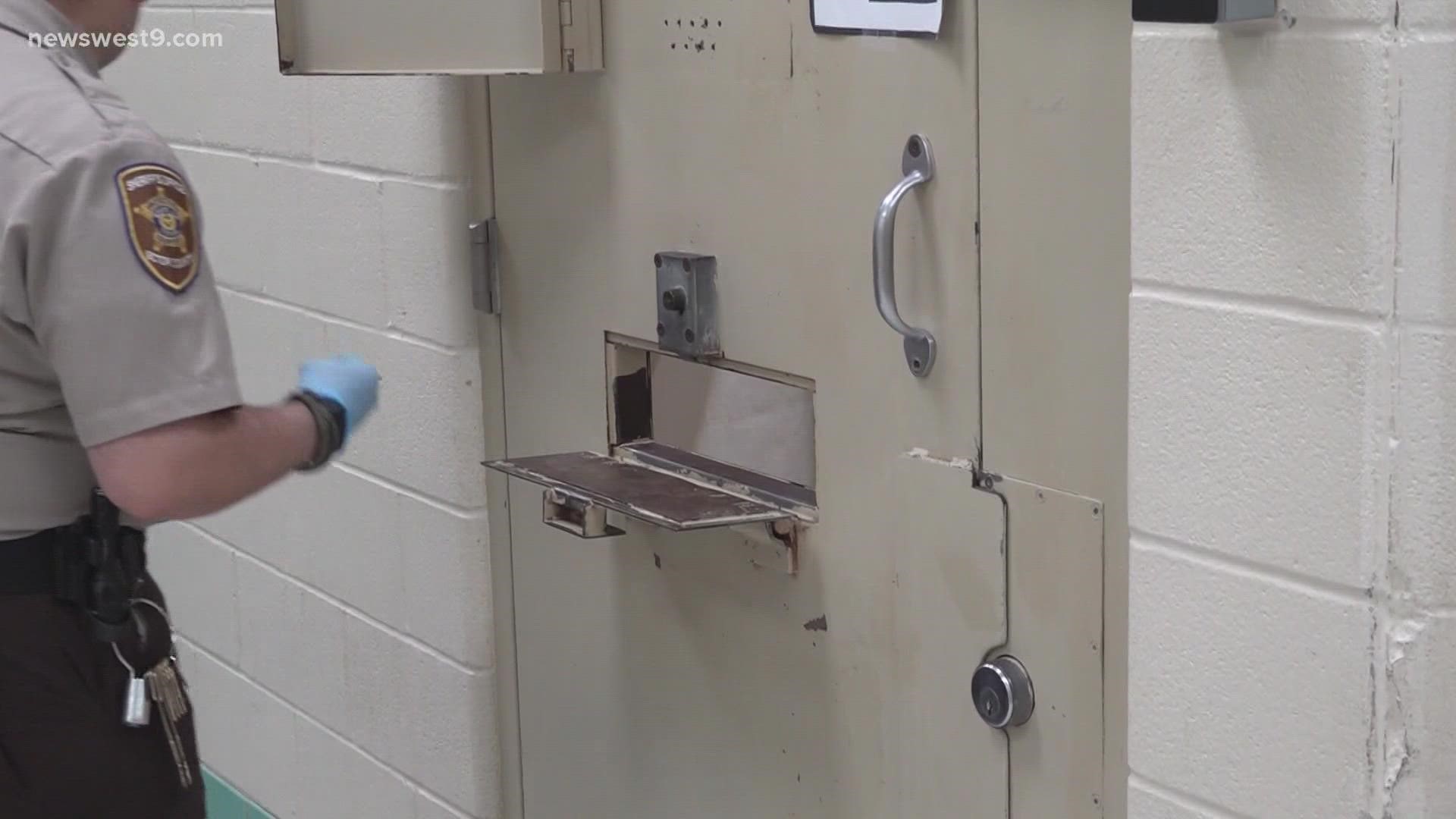AUSTIN, Texas — A bill aimed at changing the bail system is headed to Governor Abbott's desk. It will make it harder for some people who have been arrested but not convicted to bond out of jail without putting up cash.
Named the Damon Allen Act after a slain state trooper, SB6 was deemed an emergency item by Gov. Greg Abbott at the beginning of the legislative session after similar legislation failed in 2019. The suspect in Allen’s shooting death during a 2017 traffic stop was out of jail on cash bail at the time.
Everyone in the criminal justice system is awaiting the change concerning bail and bond money, and to see exactly how it will now work in Texas.
After someone is accused of a crime and arrested, courts set bail by deciding what restrictions are needed to release the person before their criminal case is resolved. The bail release system has two key goals: protecting public safety and ensuring defendants come back for their court dates.
“So we look at the criminal history and we also look at our own court records, if we've dealt with the individuals before, to help us make a good determination on what we should set the bond at,” Midland Justice of the Peace John Barton said.
They also factor in the charge, probable cause and if the defendant is able to pay.
“We also take into consideration the safety of the public, the people in those counties, along with the safety of law enforcement," Barton said. "Those things have always been in consideration."
One of the new items with this reform includes requiring defendants accused of violent crimes to pay cash to get out of jail instead of a percentage in cash and bail covering the rest.
SB6 also says a defendant must be granted personal bond, surety or cash bond or denied bail within 48 hours of being arrested. It would require judicial training, data collection and officials to look at defendant’s criminal history before setting bail.
All changes will be filtered through the Texas Justice Court Training Center and the Justice of the Peace and Constables Association of Texas and passed along in new training.
“Every year we have to have 20 hours," Barton said. "10 hours of that has to be civil and then the criminal, so whenever we start signing up for our training seminars and so forth, that will be incorporated in it too, so not only will we get it to begin with, but they'll go over it again through your training."
Abbott is expected to sign SB6 into law. It originally passed in the Senate on Aug. 9 during the Legislature’s second special session.

